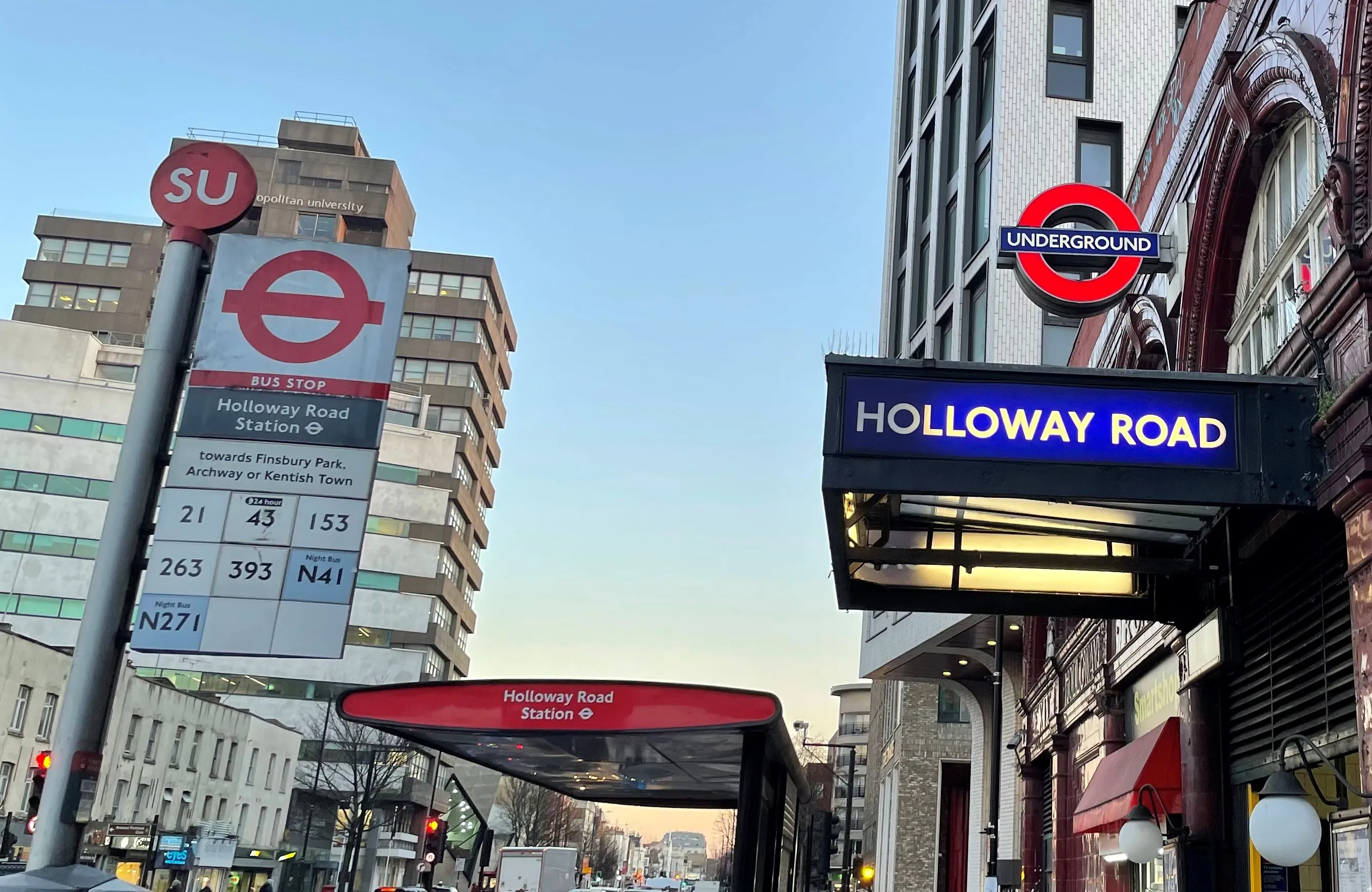In a contract worth US$4 million (AU$5 million), Brisbane airport, Australia, is to roll out a fleet of 11 electric buses for passenger ground transportation.
Australian company Carbridge has been awarded the contract to supply, operate and maintain the Toro buses which are powered by BYD electric engines and are built with a lightweight aluminium body. The buses have a driving range of 600 km on a single charge and use kinetic regeneration technology to produce charge as the bus decelerates.
“The roll out of electric buses for our landside transport needs reinforces our ongoing commitment to a cleaner, greener environment and improved passenger experience,” said Martin Ryan, head of Parking and Transport Services at Brisbane Airport.
The five-year contract will commence on 1 July 2017, with the new electric bus fleet coming into full operation in February 2018.
Brisbane airport rolls out electric bus fleet
In a contract worth US$4 million (AU$5 million), Brisbane airport, Australia, is to roll out a fleet of 11 electric buses for passenger ground transportation.
June 5, 2017
Read time: 1 min







